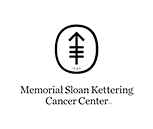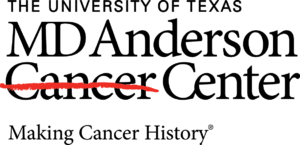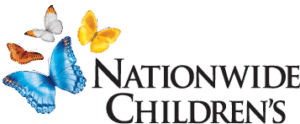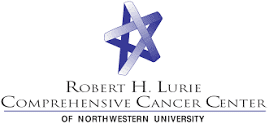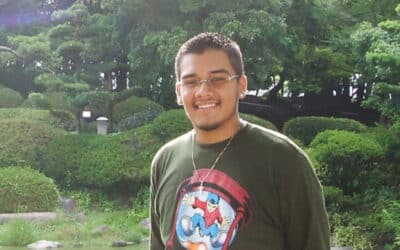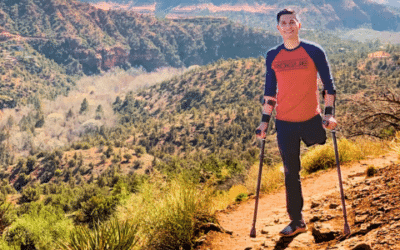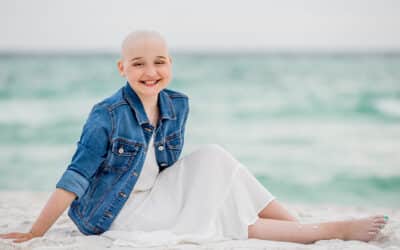Our Work
Who We Work With

Our Unique Approach
The Osteosarcoma Institute takes a differentiated approach. World renowned osteosarcoma experts came together in 2015 to establish OSI as a virtual institute to review the most breakthrough and promising ideas in osteosarcoma in a way that has never been done before. As a virtual institute, the Osteosarcoma Institute and our strategic board are not limited by geography, primary institutions, or traditional review methods. The Osteosarcoma Institute is free to set the agenda in osteosarcoma research and is limited only by the imaginations of the brightest minds in the field.
Remove Obstacles
Remove obstacles to identifying a cure by pre-funding pre-clinical studies and revolutionary fast readout trials of unexplored aspects of osteosarcoma
Fund Advancements
Fund clinical trials, translational grants, and osteosarcoma science to identify new treatment options for osteosarcoma patients for whom the first line of therapy has failed
Accelerate Progress
Work together with the research, pharma, and clinical communities, monitor and develop the scientific landscape around OS to identify opportunities and accelerate progress
Raise Awareness
Raise awareness and galvanize advocacy of osteosarcoma in communities across the United States
Lizzy, Age 9, OSI Patient Family Fund Honoree
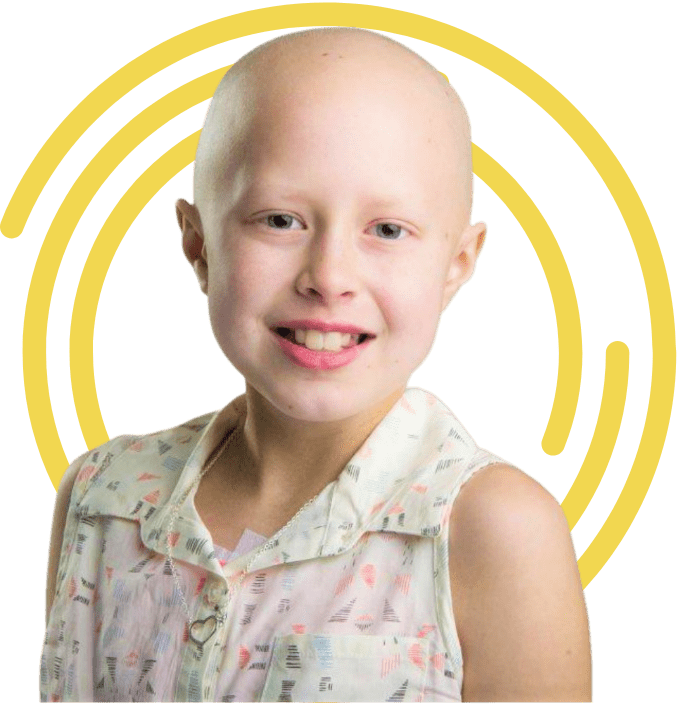
OSI Funded Work
The Osteosarcoma Institute is a leading funder of osteosarcoma research in the United States, committing $6.8M since our inception to clinical trials and research studies. We are currently supporting a portfolio of 10 active clinical trials, correlative science studies, and preclinical/translational studies.
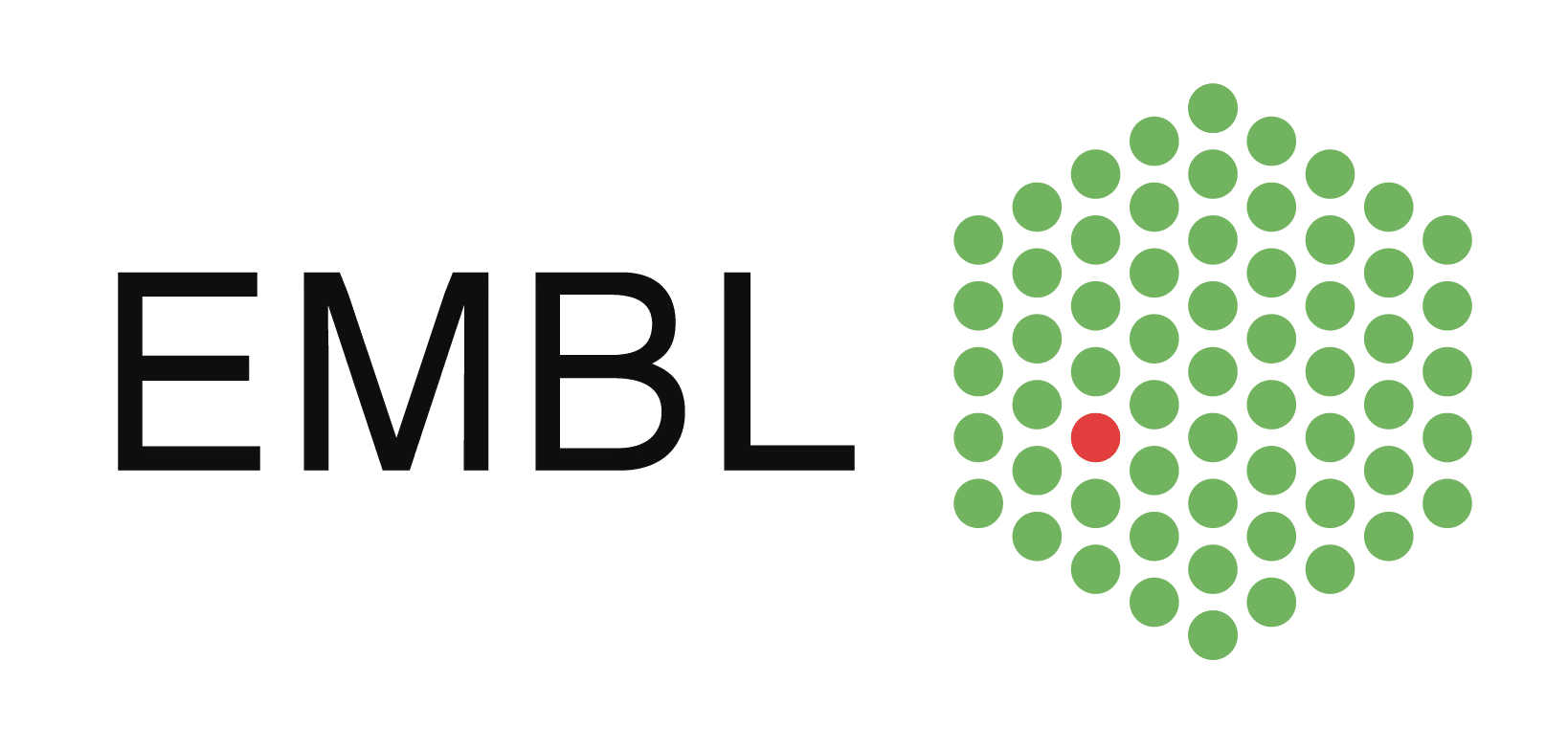
Decoding the role of chromothripsis on the clonal evolution and chemoresistance of osteosarcoma
Correlative science conducted by Isidro Cortés-Ciriano, PhD, Research Group Leader at the European Molecular Biology Laboratory (EMBL)-European Bioinformatics Institute (EBI)
This is one of two studies exploring the causes and effects of the profound genomic instability that is a hallmark of osteosarcoma. This project will develop novel experimental and computational methods to study these matters using clinical samples and a novel data analysis framework based on evolutionary biology not previously applied to study this disease. A major focus will be the identification of proteins involved in the generation of complex genome aberrations during the development of osteosarcoma with the aim of identifying novel targets amenable to targeted therapy or immunotherapy.
2023 Recipient: $499,914
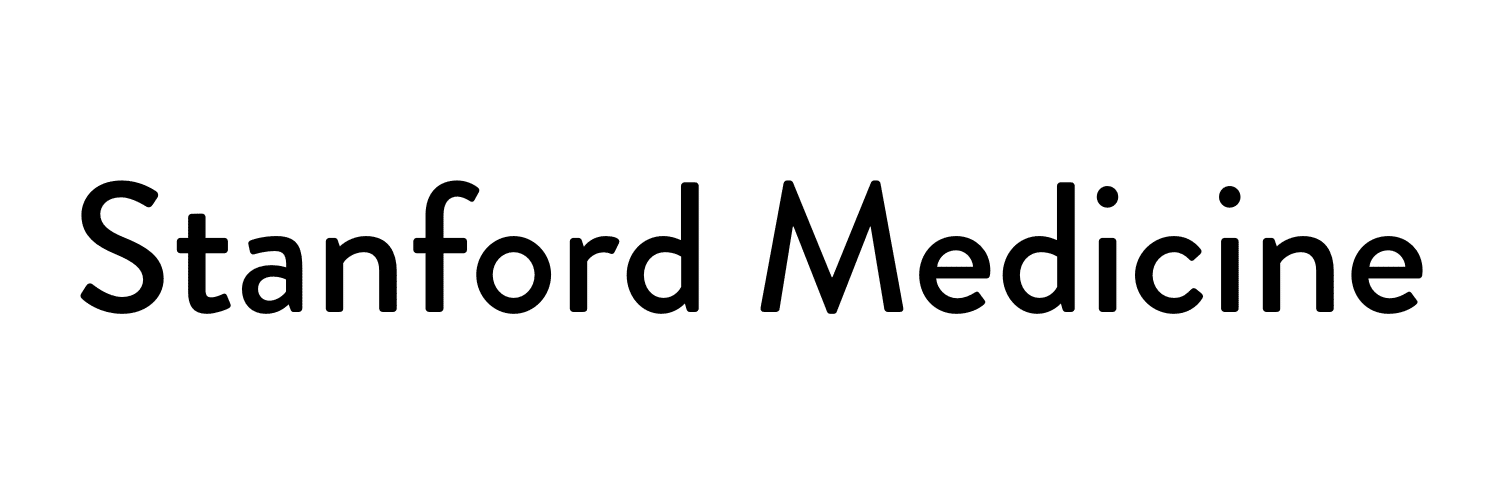
Evolutionary dynamics and drivers of osteosarcoma
Preclinical/translational research study conducted by Christina Curtis, PhD, RZ Cao Professor of Medicine, Genetics and Biomedical Data Science at Stanford University
This second genomic study exploring the causes and effects of the profound genomic instability that is a hallmark of osteosarcoma will delineate the mutational processes and mechanisms by which pervasive chromosomal instability, including duplications or deletions of large segments of DNA, fuel osteosarcoma progression and immune evasion.
2023 Recipient: $220,000

Optimizing B7-H3 CAR T cells for osteosarcoma
Preclinical/translational research study conducted by Seth Pollack, MD, Steven T. Rosen, MD Professor of Cancer Biology and Associate Professor of Medicine (Hematology and Oncology) at Northwestern University Feinberg School of Medicine
This study is a canine clinical trial that aims to increase the efficacy of chimeric antigen receptor (CAR) T cell therapy by supplementing the cellular immunotherapy with additional agents intended to modify the tumor microenvironment, making it more susceptible to CAR T cell therapy. Robust correlative science will track and quantify the impact of these combinations.
2023 Recipient: $500,000
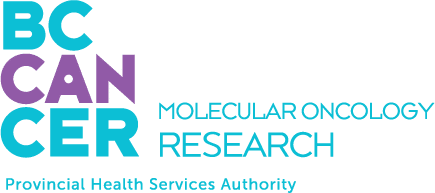
Harnessing the osteosarcoma surfaceome for immunotherapy targets to block metastatic capacity
Preclinical/translational research study conducted by Poul Sorensen, MD, PhD, Professor, Department of Pathology & Laboratory Medicine, Distinguished Scientist, Johal Chair in Childhood Cancer Research, University of British Columbia
This study is supported by the Miles of Hope Fund at the OSI in loving memory of Miles David Hartz and the Team Lydia Osteosarcoma Science Fund at the OSI in honor of Lydia Alwan. The study aims to identify new proteins that are unique to the surface of metastatic osteosarcoma cells and so can serve as immunotherapy targets. Once the team identifies possible targets, the next step will be to develop antibody-drug conjugates or CAR T cells that can selectively block those proteins and test whether the treatment is successful in reducing tumor growth.
2023 Recipient: $500,000
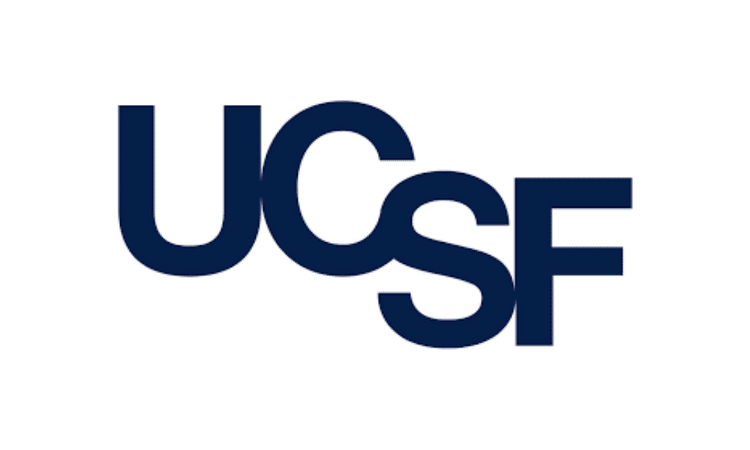
Activation of STING as a therapeutic strategy in osteosarcoma
Study conducted by Alejandro Sweet-Cordero, MD, Chief of Pediatric Oncology, Department of Pediatrics, University of California San Francisco
Commenced in July 2022, this study is supported by the OSI and Fabulous Faith’s Foundation in loving memory of Faith Rose Lautzenheiser. Shorthand for “stimulator of interferon genes,” STING is a feature of the immune system: a sensor that triggers an immune, cell-killing response. Dr. Sweet-Cordero’s research, using mouse models, aims to discover if something about osteosarcoma can be used to activate this pathway.
2022 Recipient: $500,000
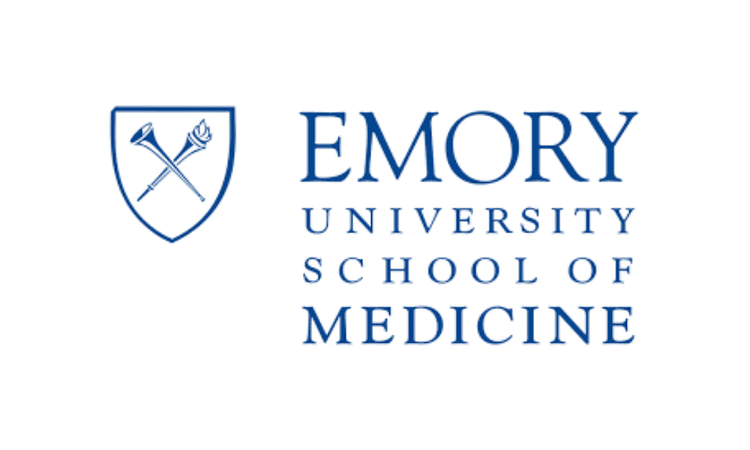
Use of combinatorial therapies to improve immune-mediated approaches for high-risk osteosarcoma
Study conducted by Jason Yustein, MD, PhD, Professor, Department of Pediatrics, Emory University School of Medicine; Pediatric Oncologist, Children’s Hospital of Atlanta
This study is supported by the OSI and The Scott Shockley Foundation in loving memory of Scott Shockley. The study will evaluate combining two approaches to osteosarcoma therapy that may work together synergistically: immunotherapy, which utilizes the immune system to attack cancer cells, and targeted therapy that specifically blocks signals that are needed for the growth of cancer cells. The studies will be conducted in mouse osteosarcoma tumors that are believed to closely resemble human osteosarcoma.
2022 Recipient: $500,000

Measuring the phenotypic effects of novel targeted therapies with osteosarcoma circulating tumor cells
Study conducted by Brian Crompton, MD, Research Co-Director, Solid Tumor Center, Dana-Farber Cancer Institute and Assistant Professor of Pediatrics, Harvard Medical School
Commenced in July 2021, this laboratory study is supported by Lizzy’s Osteosarcoma Science Fund at the OSI in loving memory of Lizzy Wampler. It will evaluate whether, as an alternative to surgical biopsies, a sufficient number of tumor cells can be isolated from the blood draw of a patient being treated for osteosarcoma to enable analysis of their progress. If this proves feasible, doctors will be able to ascertain much earlier whether a treatment is working or a different treatment should be tried.
2021 Recipient: $500,000
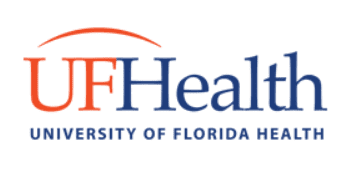
Correlative studies associated with an underlying clinical study of nanoparticle vaccines targeting metastatic osteosarcoma
Correlative research conducted by Elias Sayour, MD, PhD, Assistant Professor in the UF departments of Neurosurgery and Pediatrics at the University of Florida
Dr. Sayour’s clinical trial is hoping to activate each patient’s immune system against osteosarcoma by using material isolated from that patient’s own tumor cells. The OSI is supporting the correlative science associated with the clinical trial to find biomarkers that can predict which patients are likely to benefit from this approach.
2021 Recipient: $400,000
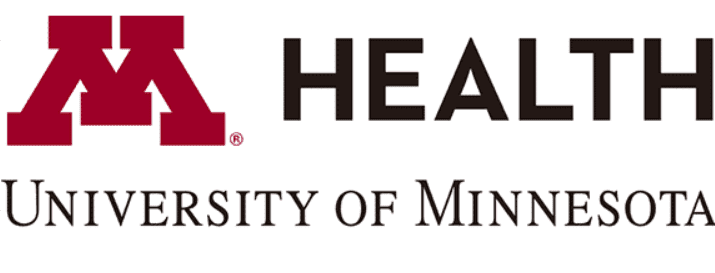
NK cell immunotherapy and osteosarcoma
Translational study conducted by Daniel Vallera, PhD, Professor of Therapeutic Radiology-Radiation Oncology, Department of Radiation Oncology, University of Minnesota
Commenced in July 2021, this study in dogs will assess whether utilizing cutting-edge techniques to enhance the efficiency of the body’s own immune system against osteosarcoma, in combination with radiation therapy, has the potential to be a safe and effective treatment for human osteosarcoma patients.
2021 Recipient: $401,411

Phase II trial of Olaparib in combination with AZD6738 in patients with recurrent osteosarcoma
Clinical trial conducted by Katherine Janeway, MD, Director of Clinical Genomics and Senior Physician, Dana-Farber Cancer Institute
Commenced in January 2020, this study will evaluate the combination of two drugs that inhibit DNA repair pathways critical to the survival of osteosarcoma cells. This is the first study to test this combination in osteosarcoma patients.
2020 Recipient: $800,000
OSI Past Funded Work
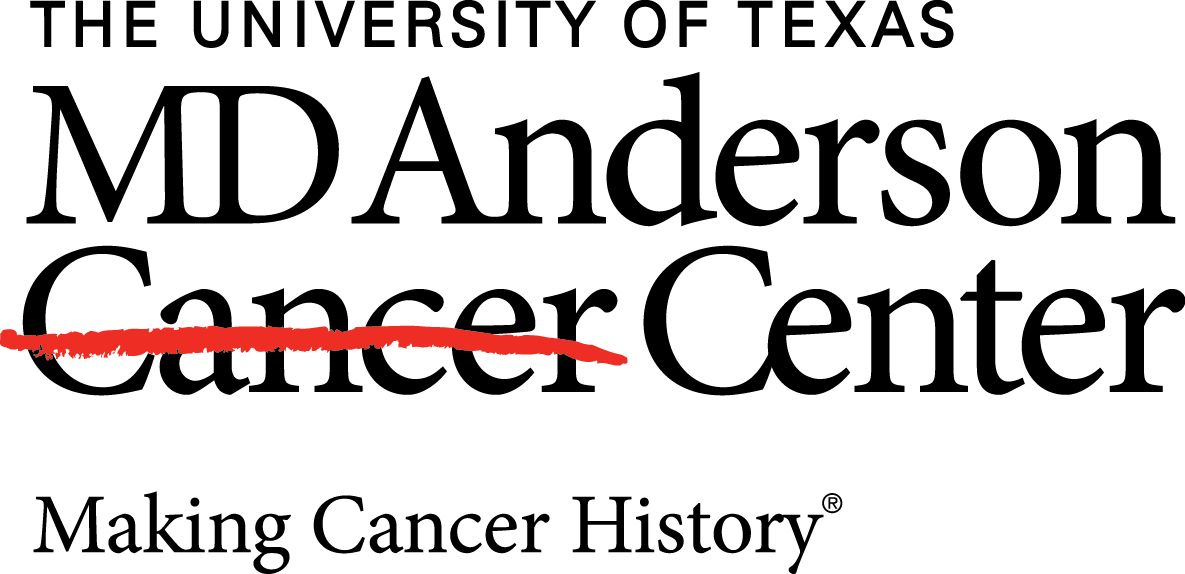
Development and testing of novel antibody-drug conjugates in osteosarcoma
Translational study conducted by Richard Gorlick, MD, Division Head, Division of Pediatrics, The University of Texas MD Anderson Cancer Center
Commenced August 2020, this laboratory study was supported by the Hartz Family Osteosarcoma Fund at the OSI in memory of Miles Hartz. This study evaluates new drugs called antibody drug conjugates, or ADCs, combining a drug payload linked to a targeted antibody that specifically delivers the anticancer drug to osteosarcoma cells. Antibody drug conjugates are a brand new, very promising technology. ADCs are a way to build drugs that has never been done before and have had amazing success in some cancers.
2020 Recipient: $500,000

Exploiting vulnerabilities in tumor-lung signaling networks to treat osteosarcoma metastasis
Translational study conducted by Ryan Roberts, MD, PhD, Principal investigator for the Center for Childhood Cancer and Blood Diseases at The Research Institute at Nationwide Children’s Hospital
Commenced August 2020, this laboratory study evaluates the communication that must occur between osteosarcoma tumor cells and the normal lung to allow lung metastatic disease to occur. The hope is that understanding these communications could identify potential new drug targets to inhibit growth of lung metastases in osteosarcoma.
2020 Recipient: $500,000

A Phase II multi-arm study to test the efficacy of Oleclumab (anti-PD-L1) and Durvalumab (anti-CD-73) in multiple sarcoma subtypes
Clinical trial conducted by J. Andrew Livingston, MD, MS, Co-Director, Department of Adolescent and Young Adult Oncology, The University of Texas MD Anderson Cancer Center
Commenced December 2020, this study evaluates the combination of two drugs with unique mechanisms of action in an attempt to harness the immune system to attack osteosarcoma tumors in patients. This is the first use of this combination of drugs in osteosarcoma patients. The Rally Foundation for Childhood Cancer Research partnered with the Osteosarcoma Institute to co-fund this study.
2019 Recipient: $200,000

Targeting transcription in metastatic osteosarcoma
Translational study conducted by Peter Scacheri, PhD, Member, GI Cancer Genetics Program, Case Comprehensive Cancer Center
Commenced February 2020, this laboratory study evaluates the potential role of new mechanisms to inhibit a gene required for cells to proliferate, called CDK4, to block the ability of osteosarcoma to metastasize.
2019 Recipient: $500,000
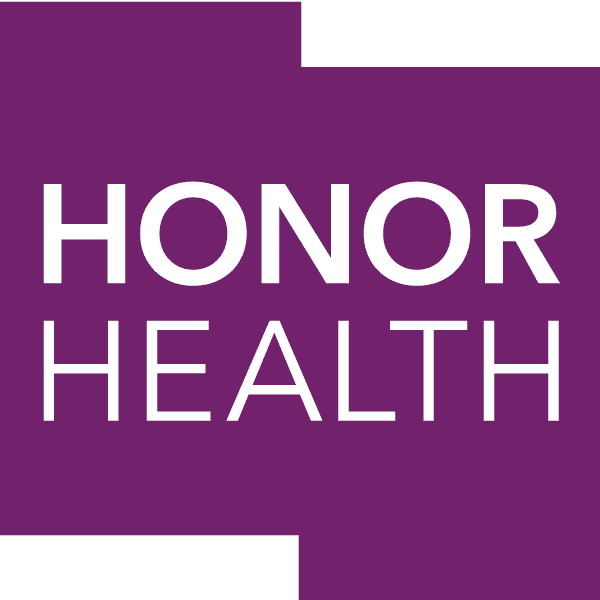
OSI Connect: Osteosarcoma Answers and Assistance
Commenced April 2019, this was the initial investment with Honor Health Research Institute to begin offering support and guidance through OSI Connect (formerly OSI Hotline) to osteosarcoma patients and their families free of charge. Through OSI Connect, an experienced, knowledgeable osteosarcoma physician will meet with you about all aspects of this terrible disease, including treatment, possible side effects, and advice for getting the most out of your visits with your treating physician.
2019 Recipient: $128,000
OSI Events
The Osteosarcoma Institute convenes events and scientific meetings specifically for osteosarcoma to help advance our mission.
Cancer and Evolution: Two Sides of the Same DNA Coin
In collaboration with Old Parkland
The Osteosarcoma Institute’s program, “Cancer and Evolution: Two Sides of the Same DNA Coin,” was held on October 6, 2022 in Dallas, Texas. A distinguished international panel, moderated by Michael Brown, MD, Nobel Laureate in Medicine, discussed how viewing cancer through the lens of evolution may suggest new approaches for treatment. Click the “learn more” button below for the event recap and recording.
The Complex Osteosarcoma Genome Symposium
Sponsored by
The OSI’s “Complex Osteosarcoma Genome Symposium,” was held on March 4, 2023, in Dallas, Texas. The goal of this meeting was to better understand genomic instability and unique genomic complexity in the context of osteosarcoma. Genomic instability and complexity are characteristics of almost all human cancers, but at what stage of cancer development they arise and what their molecular basis is are questions to which we are only beginning to get answers. This meeting promoted collaboration among physicians, scientists, and researchers and facilitated with the idea that working together may translate research ideas and findings into effective clinical treatment.
Osteosarcoma Surfaceome Symposium
Patient Stories
14 Years Later, ‘It Never Gets Easier’
Advocacy and remembrance help the Heredero family cope with the loss of their son and brother, Joey, to osteosarcoma.
Osteosarcoma Survivors on Life After Cancer
What happens when the treatments are over and doctor visits become less frequent? Survivors share their experiences with life after cancer.
A Vibrant Life, a Tenacious Cancer Advocate: Izzy Martin’s Story
During a two-year battle with osteosarcoma, Isabelle “Izzy” Martin (February 7, 2010–July 29, 2022) maintained her characteristic spunk and selflessness, using her voice to inspire others.
